Without trying to be too controversially political about a game that is really little more than a philosophical manifesto with some gameplay bits and comic book graphics squished in between the lecture, there’s an ugly superficiality about what passes for mainstream left-wing politics in America. Dustborn is a textbook case of it. Somehow it was developed by a Norwegian team, but make no mistake about it – this game is very much made for the American “left”.
As most people who live outside of America and its vassal states understand, the American “left” is not really left-wing at all. Indeed, these “leftists” – liberals – tend to find the fleetingly small groups of actual left-wing identities in the US as irritating as they do the right (if not more so). The liberal “left” in America is every bit as reactionary and culturally exceptionalist as the right, and can have some deeply imperialistic social attitudes. There’s a widely-shared meme that the only difference between the “left” and right in America is that the bombs are painted in rainbow colours when the “left” is in power. It’s an incredibly astute observation as memes go. Domestically, the liberals often dress identity politics up as something progressive, though in practice it’s really papering over what amounts to conservative attitudes like sex negativity and various manifestations of bigotry – including racism, ageism and whatever people -phobia you can think of.
But they do use pronouns in their bios and whoo boy does the right wing hate that, so as far as the American context is concerned the liberals may as well be communists.
With all of that in context, I personally believe that Dustborn should never have been released outside of America. This is a game that has been specifically designed for that one specific culture, and the people that it’s speaking to do not exist outside of America. When characters are constantly breaking out into lengthy conversations about stuff that is only relevant in America, it’s not really bringing the global audience along for the ride. The apocalyptic future that the game depicts, where America has descended into fascism and disinformation is akin to a pandemic that infects people, is something that the rest of the world is observing happening in real time over there, but it’s just not relevant to the problems that we’re experiencing at home. The conclusions that the game comes to are only relevant truths within America, and the heavy-handed approach that the game takes is akin to a language that is only really spoken over there.
And it is so heavy-handed. The aforementioned American language isn’t one for metaphors and symbolism, and so the characters actively spell out every single lesson that you’re meant to learn from the story. Every joke is the literary equivalent of hitting a person with a sledgehammer, just to make sure they understood that they were being told something that was funny.
The best point of comparison I can think of is Don’t Look Up – the Adam McKay film from 2021. Just like that film, Dustborn really does seem to assume that you’re going to be too stupid to understand it if they don’t spell it out you like you’re an elementary school student learning how to read for the first time. The difference is that in its lack of subtlety Don’t Look Up was a genuine attempt to persuade audiences. McKay really hoped that his film would help people understand the threat of climate change by presenting it in a personable manner. Dustborn has nothing but disdain for anyone who didn’t already agree with it, and that makes the heavy-handedness seem ultimately pointless. Who is the game trying to convince? It’s only going to aggravate anyone outside of the identity politics liberal community. And the liberals are already thoroughly convinced of everything this game wants to teach players.
To be abundantly clear about this: I am not a “no politics in games,” person. It’s hard to shake the notion that Dustborn’s developers deliberately set this game up to dismiss the critics who criticise its handling of politics. I am a massive fan of highly political works ranging from Death Stranding to NieR, Disco Elysium to Papers, Please. Every narrative-driven game is a work of art, and art is inherently political. I like that and I wish that the bigger publishers would own in rather than give into the “no politics in games” nonsense. I’m also not the target of Dustborn’s ire, and I’m not offended by it for taking a big swing at the right. As I’m quite certain anyone who has read DDNet knows, I sit so firmly on the left that I commissioned an artist to put my mascot in a Che Guevara homage.
My issue with Dustborn’s narrative is that its politics aren’t intelligent and don’t come across as particularly sincere. I’m sure that the development team ARE a group of very committed liberals, and in fairness, the Norwegian team must have done a lot of work to make something this authentically American, but I don’t get the sense that they’ve actually thought through what they believe in particularly deeply. Certainly, this game suggests that they’ve only got a surface-level understanding of every topic they canvas.
Sadly for all I’ve written above, the narrative is the stronger side of Dustborn. On the gameplay side of things, there are two major components: a chunk of it feels like you’re playing a Quantic Dream or Telltale Games adventure thing, in that you’re moving through spaces solving “puzzles” based on basic interactions with people and objects around you. Those interactions affect how the narrative can play out with branches based on character relationships, just as in a Telltale special, too. That works well enough but stopped being a particularly well-regarded way to do gameplay about a decade ago.
Combat, meanwhile, is just atrocious. You’re armed with your words, and a baseball bat, and need to use those to influence allies to perform better in fights, or enemies so they perform get confused or taken out of the fight somehow. If Twitter were a fighting game and you could take out the other side by physically flinging your words at them, it might look like Dustborn. It could have been a good idea, but it’s so simplistic that it outlasts its welcome quickly. Thankfully you can turn down the amount of combat you have to deal with.
I admire a game that is willing to take a risk, and certainly trolling the people who believe that games should be mindless content that doesn’t challenge their intelligence with a “political idea,” is a creative risk I can admire. But beyond the initial amusement that I took from knowing that somewhere out there someone is absolutely fuming about this game on a forum or in a tweet, there’s actually very little intelligence in Dustborn. It’s also an experience that is so culturally specific that it probably shouldn’t have been a global release.
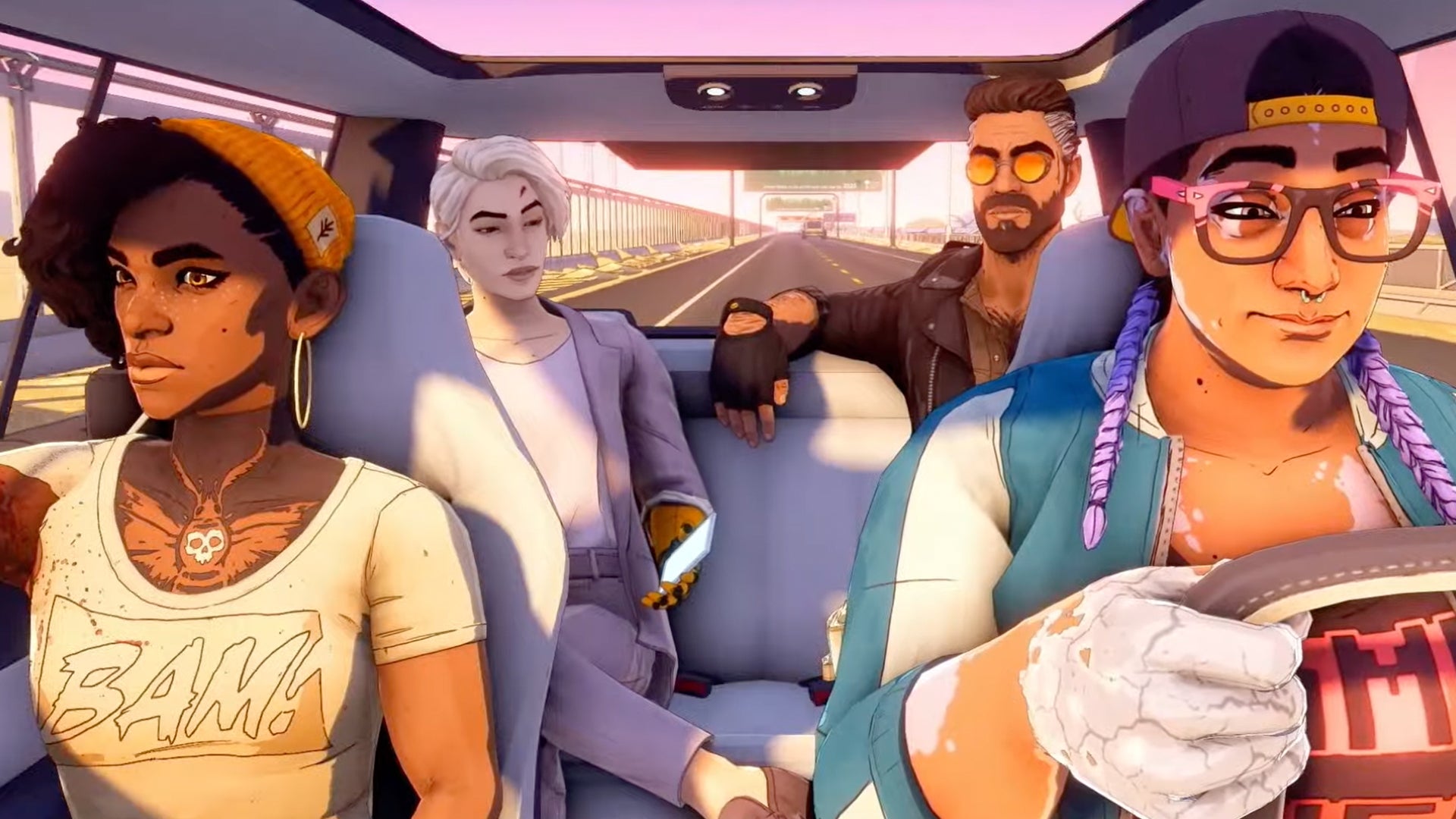

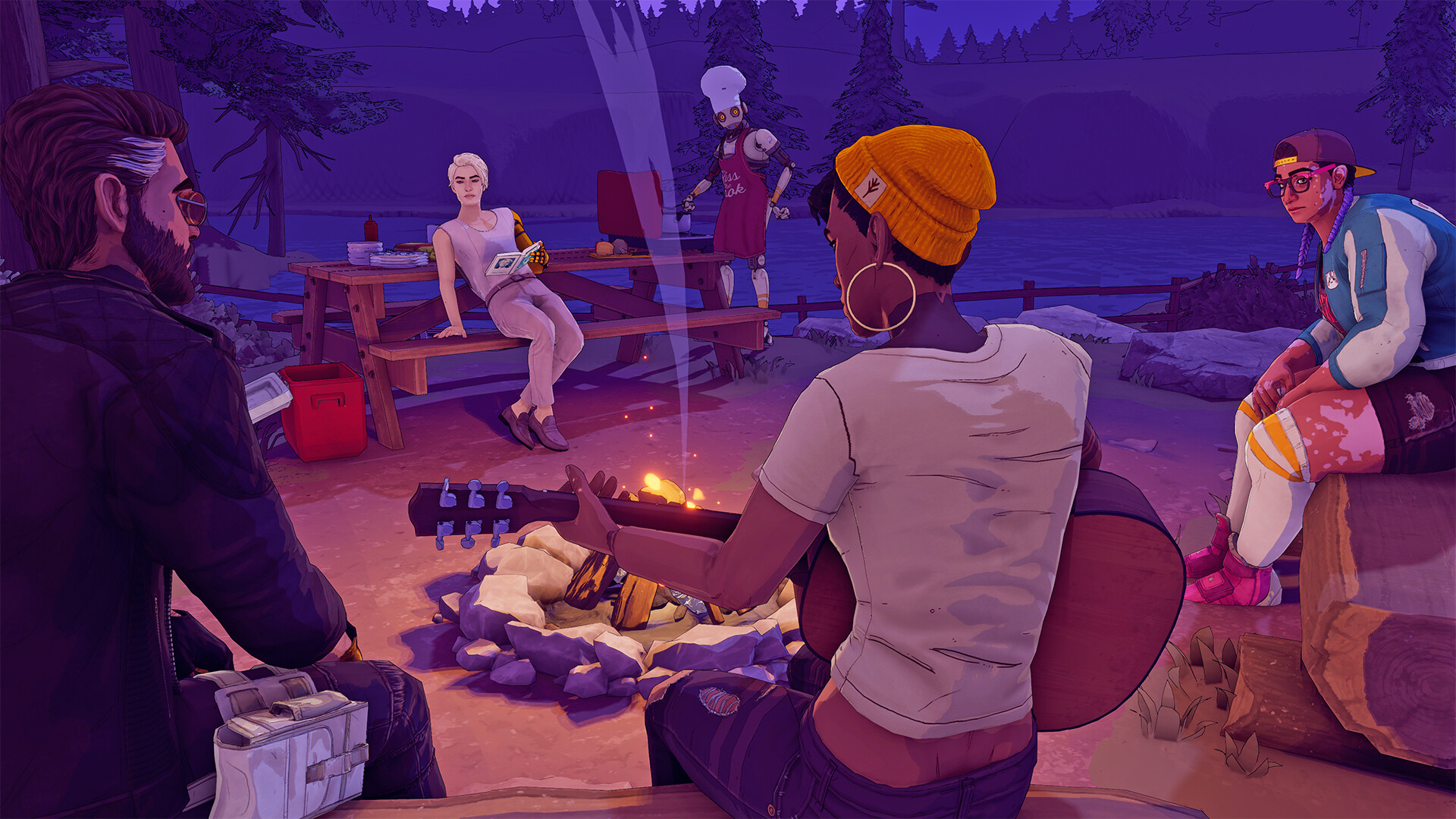

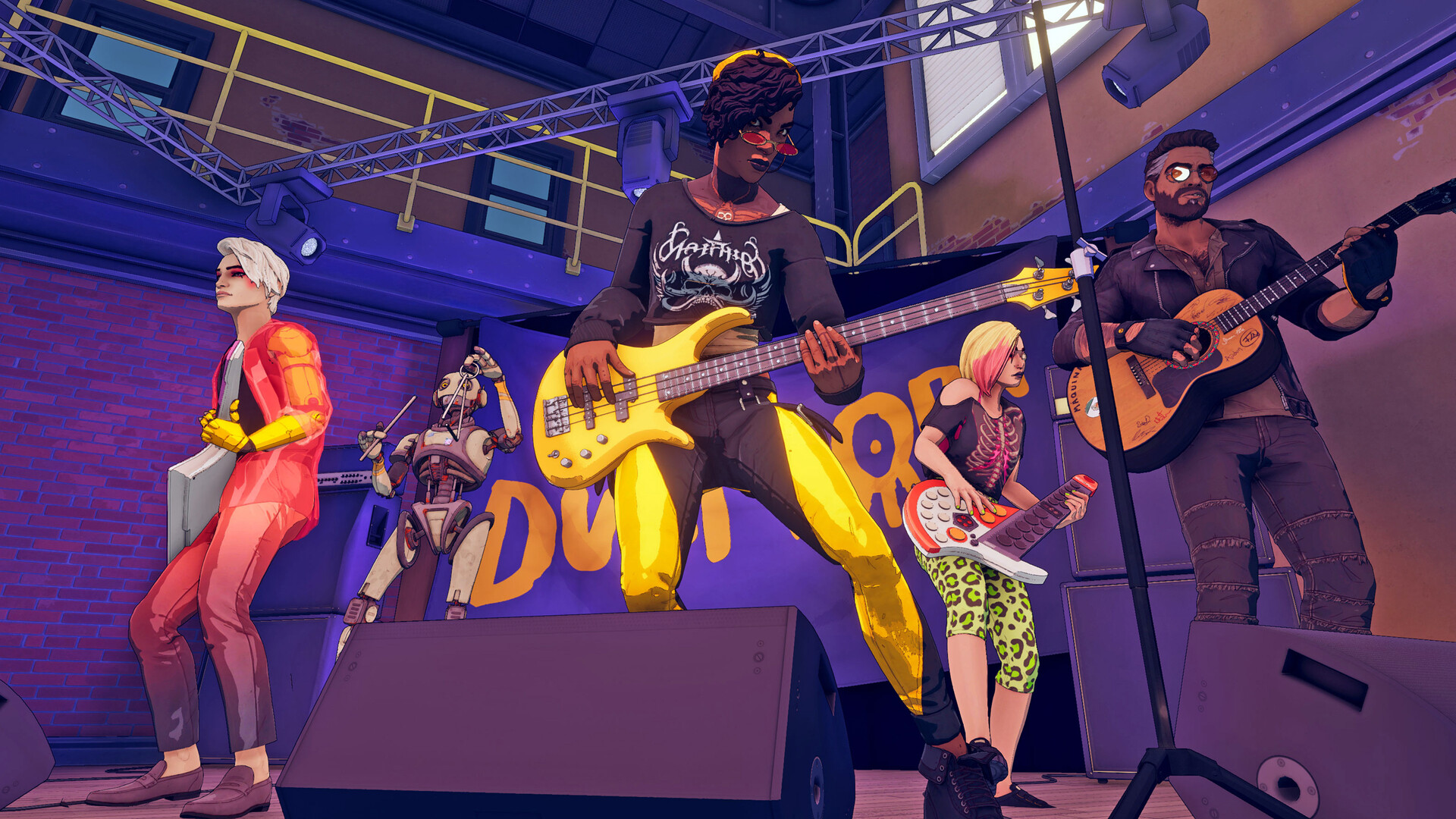

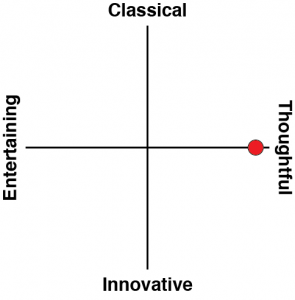
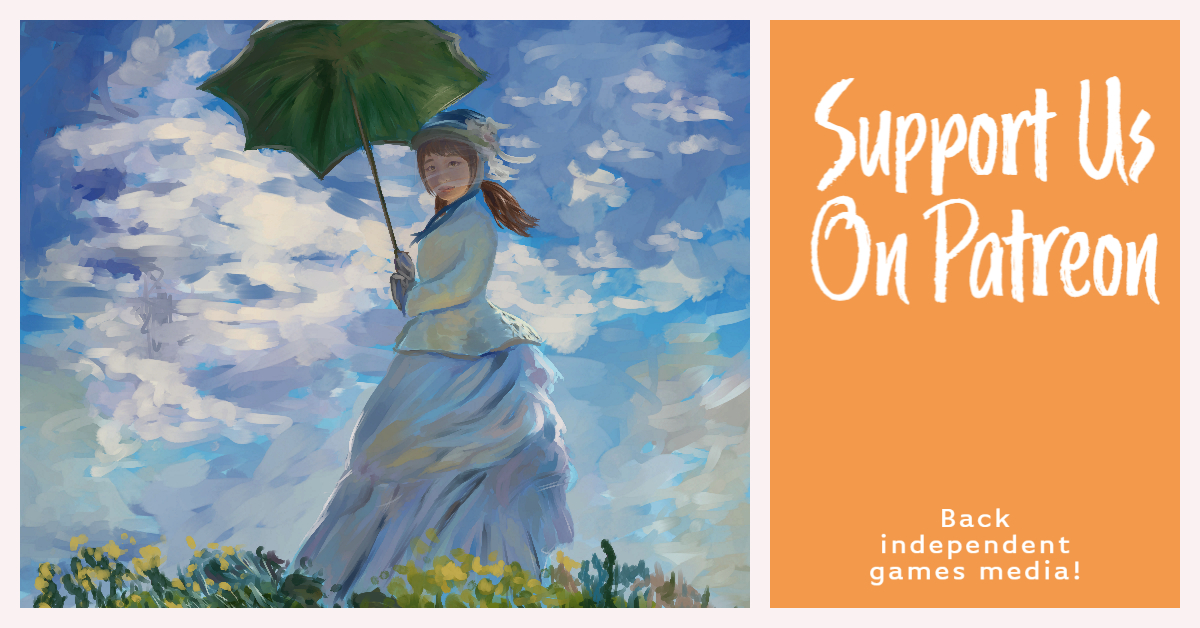

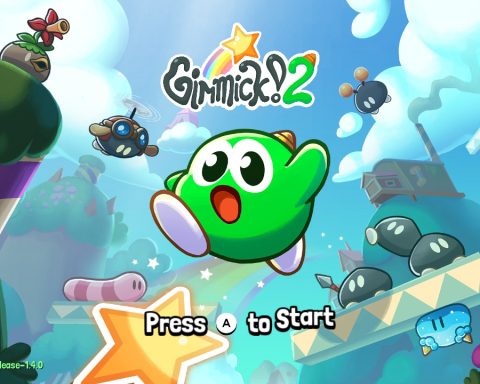

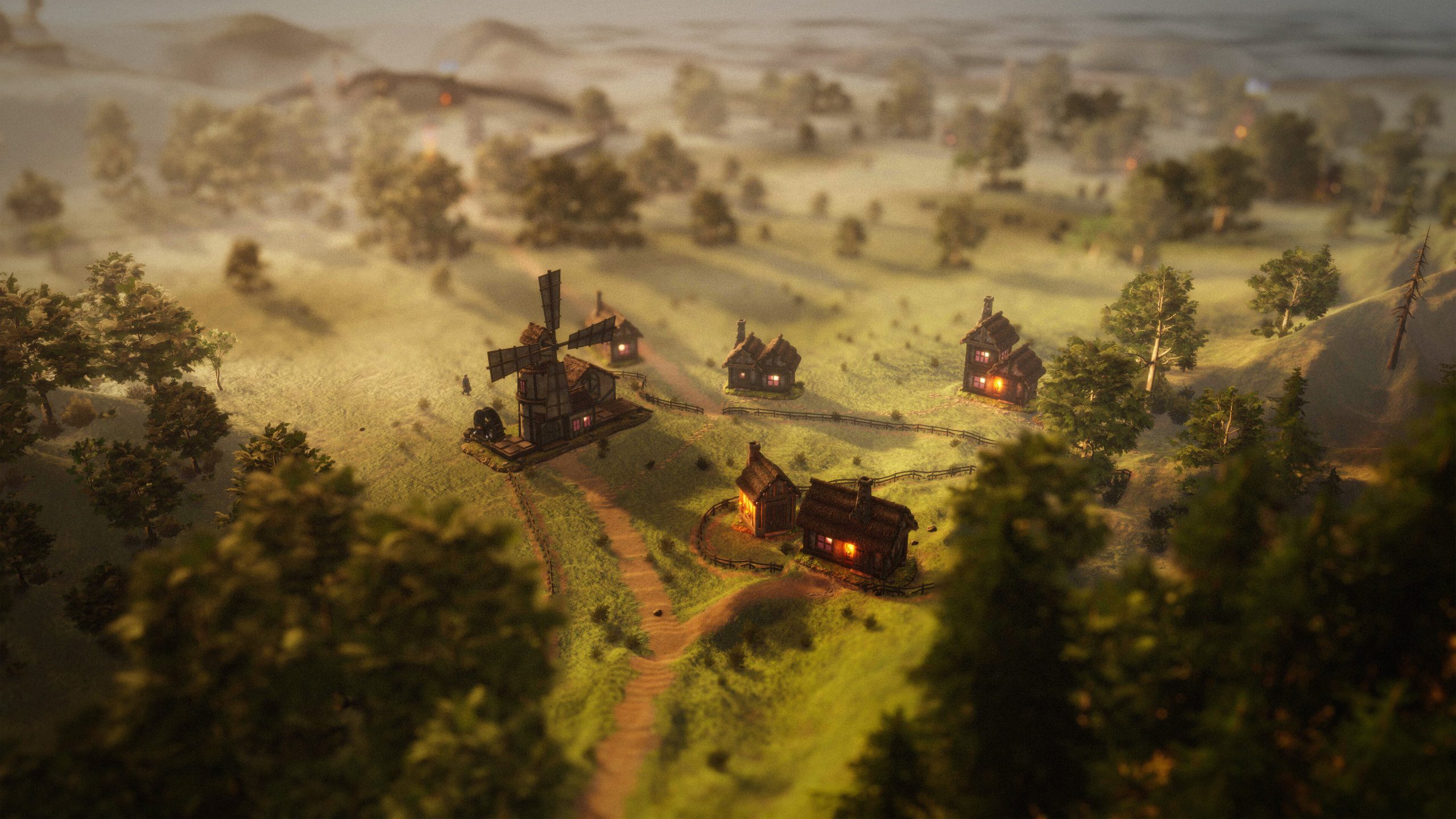
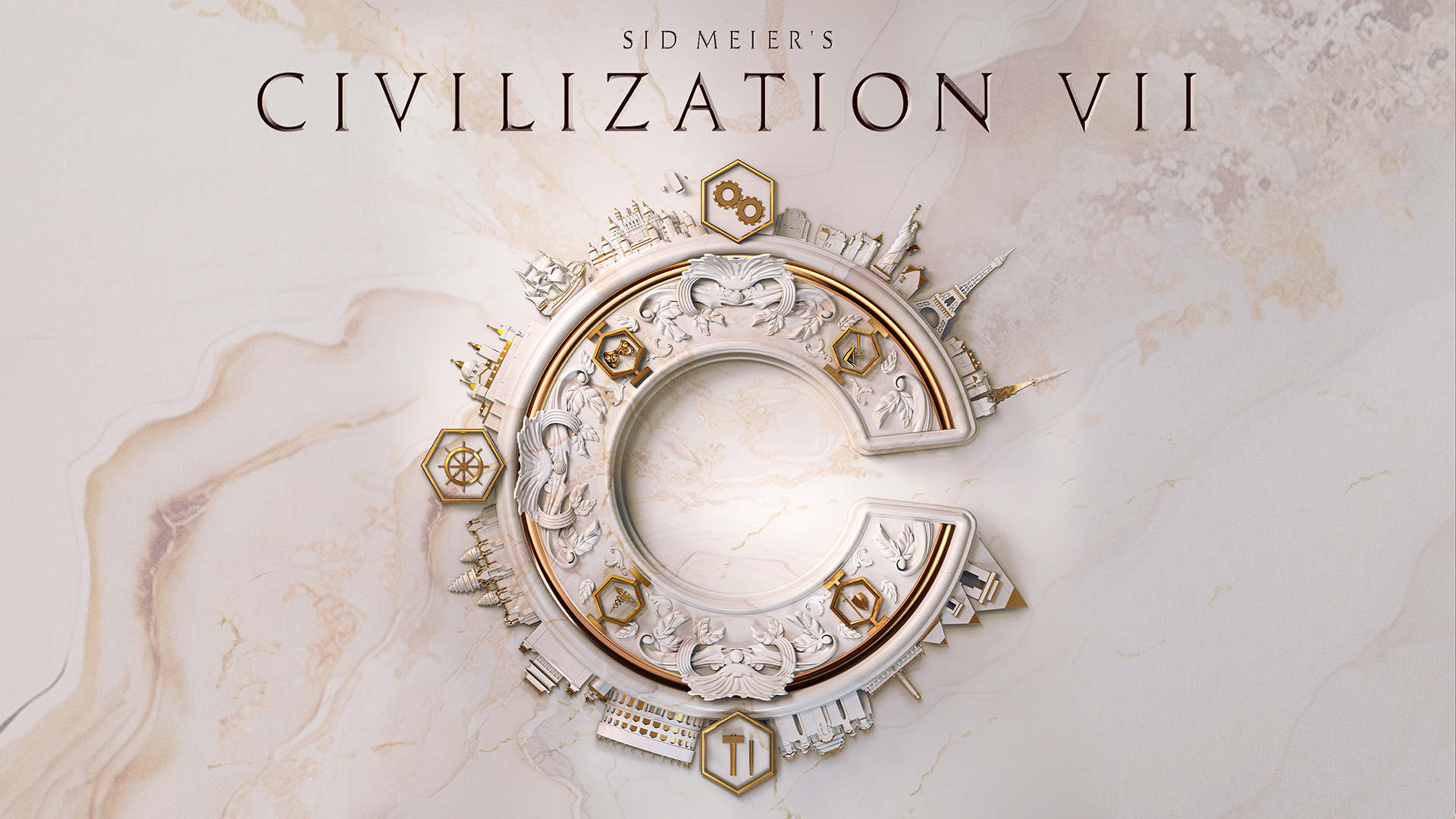
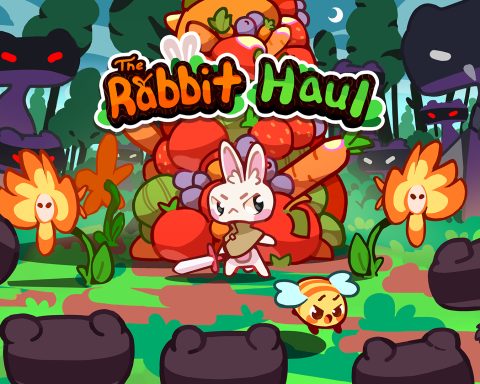
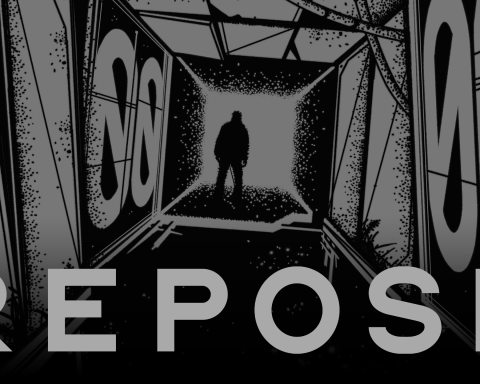
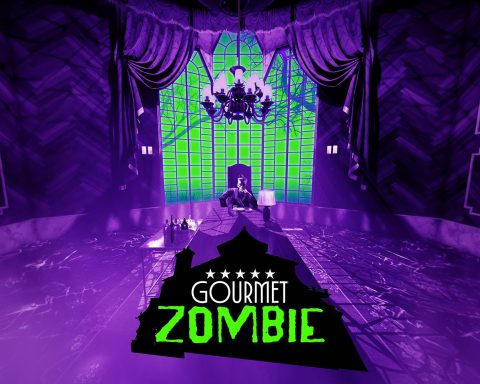
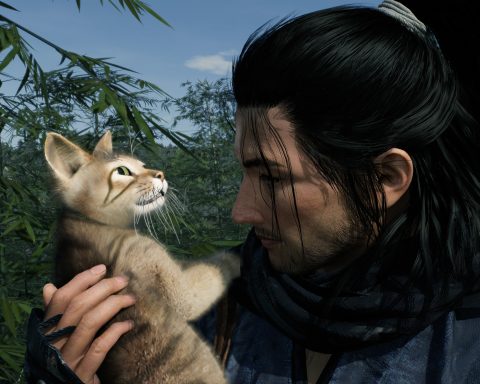
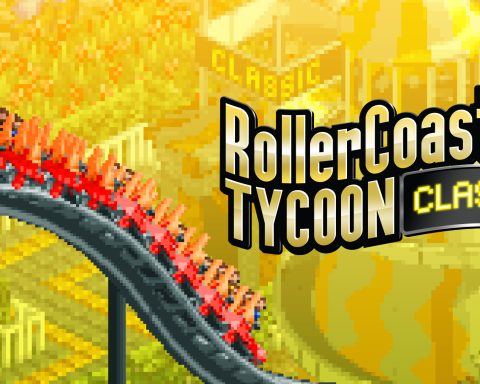
I wish the American left was actually liberals rather than “Starbucks Socialists: This Time Racism Is Progressive”.
Just the random vitiligo person is enough to warn of the identity politics rot in this game.
And that the “fun” part of the game isn’t very fun is entirely unsurprising. I bet the atmosphere at the studio is (or is going to be) extremely toxic as well.
Identity politics is one of those weird moments where everyone else finds some kind of common ground. Every other left-wing movement has little patience for the nonsense, and the right find it irritating and non-productive as well.
Of course, the left and right then can’t agree on why we find identity politics annoying, and so we start insulting one another over that, but hey, we do live in divisive times lol.
I agree that everything about this game looks heavy-handed and dull.
But Matt, as an old 50-something who lives in America, and has friends & relatives on all sides of the political spectrum here (maga, country club right, corporate right, imperialist right, religious right, center, religious left, imperialist left, corporate left, workers left, race-focused left, feminist left, and my wife is pretty much a militant communist from Greece), I can tell you with 100% conviction that your characterization of the American Left as presented above is *extremely* lacking in nuance. It is not a subject worth you learning more about really, unless you intend to live here some day (just like it’s not really worth my time to learn the ins and outs of Australian politics from my armchair far away). But you have set up a straw man of epic proportions. I have lived in many countries of the world, and have a very “eyes wide open” stance on the different aspects of the left in this country. I’m not at all satisfied with America’s political left as it has existed during my adult lifetime … but it has very little to do with things you mention above, you’re focused on only one tiny angle of the problems of the left (or should I say the “left”), which gets amplified online.
There are also many good people on the American left, even including some of our elected officials, believe it or not — not that they can get much accomplished. Unfortunately, our news media is almost entirely broken and useless (thus stunting dialogue and awareness universally); dark money is everywhere; and our political system at the national, state, and local level is pretty much broken (so many causes for this, historical and otherwise, it would take pages to list them). The hope for future generations is that all of this is not “broken” irrevocably. But positive change now happens in this country at a glacial pace, if at all. Only if there’s a dollar to be made, then some people in power might make it happen and pretend they care. Otherwise it’s status quo and people yelling from all sides (many of them disingenuously).
Needless to say, the American Right is in far, far, far worse shape. But both sides being broken is merely testament to the systemic decay.
Anyway, your review does affirm for me somewhat that this game is annoying (which is what I suspected all along), and made for an annoying audience (maybe partly real, maybe partly media-constructed or imaginary … like your “American ‘left'”).
Cheers, mate!
Don’t get me wrong – I know there are *plenty* of good people in America, and people who have a truly progressive view on the world.
The problem is that the movements are tiny, and that’s because the US political system only tolerates two parties: The far right, and the liberals. We see time and time again that good people join the Democrats with good intentions, only to have their voices overwhelmed and watch in real-time as they become part of the liberal establishment. AOC herself is a good example of that. She seemed absolutely wonderful when she first joined the Dems. Over time the compromises that she’s had to make to simply exist within that party has ultimately resulted in her affirming the dominant voice of the party.
But it’s not like there’s any great reason for an AOC to join the Greens or other actual left parties. At absolute best, you’ll be fringe with no real power to make chance if you do that.
That’s where the US is different to most other places in the world. In Europe, or Australia, or Japan, there’s a multi-party democracy at play, so a broader range of left wing movements can remain true to their positions without having to compromise their goals as a party, or individuals within it. Japan still has a large Communist party, which continues to occupy a bunch of seats in their parliament (I realise that they’re the softest edge of communism you’ll ever find, but still).
So yeah, as a result, the only “left wing” voice that has any real power in America is the liberal voice. That’s really what I’m referring to in my review. I can only imagine how infuriating that must be for actual progressives.
Cool thanks for bringing a bit more nuance — greatly appreciated. But it is still much more complicated than that. Your AOC example is interesting. Since the Democratic Party is currently pretty much “centrist, with a rainbow flag™”, she needs to play to many audiences to get any clout in Congress and get anything done. So yes, she backs the centrist candidate and publicly bursts out the non-offensive language far more often than she used to … but in her committee work and in speeches I’ve seen her give even this year, it is clear she is doing good work. The hope is that she and other people who really understand the important work that the left needs to push for in US will remain in Congress for awhile, rise in power and maybe help further-left presidents get elected and put a couple more intelligent/rational/non-corrupt judges on the Supreme Court & other high courts. That will start change in the right direction.
Of course, my wife and her equally communist brother feel that revolution is the only answer. But I just can’t see it — the US is too big, too strong, too rich (as are the plutocrats pulling a lot of the strings). And all most Americans want is their bills paid, a comfy chair to watch TV & websurf, and no-one looking in the window at them and their kids. … Our education system is yet another broken construct, mostly worthless for 50 years or more. Not creating citizens: just waves of self-centered and ignorant sloths.
Anyway, the “left” that you mock as this game’s audience is mostly a media construct, partly pushed by the hamfisted center-left in politics and business (because they think it will win rainbow votes & rainbow $$$) and partly by the right (because they count on furious straight white dudes to feel threatened, get angry and push back, even violently which is OK with them; to vote for a turd as president etc.). No wonder an indie Norwegian team thinks such an audience exists in America — they believe the media-construct as well (and why wouldn’t they?). This game will bomb: no real audience.
Our two-party system is definitely broken. However, multi-party systems in many other first-world nations often seem equally problematic (especially when it comes to corruption and secret, back-room coalitions). I wonder for the governments of the world in 50 years, I really do. Too much money, too much tech to keep track of…
Interesting review of a game with a very small and specific audience. Dustborn isn’t for me and in fact it’s not for many, many people. Just another woke game cut from the same cloth of games such as Arcade Spirits, Boyfriend Dungeon and Get in the car, loser! with that unappealing art style…meh.
I want to point out that when people say ”no politics in games”, they are talking about (ugh…) gender politics but not politics in general, many people don’t have a problem with the story and content of games such as Metal Gear Solid, Fallout. New Vegas and Bioshock, games I haven’t played, and also games such as Persona 4, the Blue Reflection games, Collar x Malice and Jak II, using games I’ve played as examples, and those games do have some kind of message or political commentary of some kind but the politics of those games don’t revolve around gender identity or sexual orientation…or it’s accepted that those games handle it well and it’s not forced (In the case of Persona 4 and Blue Reflection: Second Light…Rena and Yuki are *great*)…in any case, I don’t want to say more, so, I’ll leave it at that, I might not be the biggest fan of this review considering that you are probably *very* left wing and openly admit that you commissioned and artist for a Che Guevara homage and didn’t want to review Hogwarts Legacy (meh…), but hey, if you have different views compared to my views or what I think, that’s fine.
Thanks for the review, I was doubting about buying this game.
A very good breakdown of this game and the “left” USA.
For an example of a company that’s actually left (and not American but their games are set in America) and that’s a very good example of how these stories can be told well is Don’t Nod. Though they’ve been bought by Tencent and I wonder what consequences that will have.